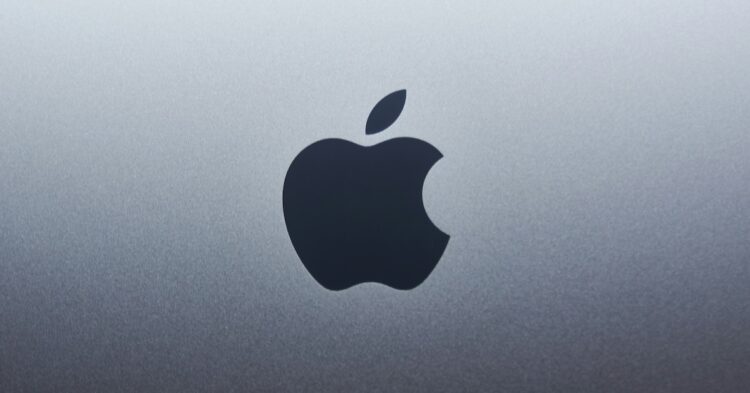If you’re a tech whiz with an itch for a challenge, Apple might just have the golden opportunity for you.
In a bid to showcase the security of its groundbreaking new AI system, the tech giant is offering $1,000,000 to anyone who can successfully crack its fortified private cloud tech. It’s part of its much-anticipated iOS 18.1 release set for October 28.
iPhone users have been buzzing with anticipation for iOS 18.1.

According to Apple, it will introduce “new possibilities” for device functionality. Tim Cook has promised that this update “raises the bar for what an iPhone can do,” with enhanced AI features to elevate emails, messages, notifications, and even photo editing.
The AI system’s capabilities don’t stop at enhancements alone.

It also introduces robust privacy protocols. Apple has declared that the system will “draw on your personal context without allowing anyone else to access your personal data — not even Apple.”
This stance on privacy, paired with Apple’s confidence in its security measures, is what’s driven the company to put up the eye-catching bounty.
Private Cloud Compute (PCC) – Explained

At the heart of this AI system is Private Cloud Compute (PCC), which Apple touts as a “groundbreaking cloud intelligence system” built specifically for private AI processing. The company has stated that PCC handles data too complex for on-device processing, all while ensuring user data remains private and is promptly deleted post-processing.
The PCC system operates on custom Apple silicon and a hardened operating system that uses end-to-end encryption. Apple calls it “the most advanced security architecture ever deployed for cloud AI compute at scale,” a claim that competitors in the tech space may find difficult to ignore.
Apple designed PCC around strict principles to protect user data.

This includes “stateless computation,” enforceable security protocols, and guaranteed transparency. This combination ensures PCC processes data without storing it, providing an additional layer of user privacy and making it nearly impossible for unauthorized access.
To back up its confidence, Apple has invited security researchers and tech enthusiasts to try to breach PCC and assess these security claims. The $1,000,000 prize underscores Apple’s commitment to PCC’s integrity and its openness to third-party scrutiny.
Testing the Waters

On October 24, Apple issued a call to “all security researchers — or anyone with interest and a technical curiosity” to conduct independent testing of PCC. In an announcement, Apple expanded its Security Bounty program to include PCC vulnerabilities, stating:
“We’re expanding Apple Security Bounty to include rewards for vulnerabilities that demonstrate a compromise of the fundamental security and privacy guarantees of PCC.”
Third-party auditors have already been invited to test the system. But now Apple is welcoming wider participation, with escalating rewards based on the level of vulnerability found.
The Stakes

Those who dare can access the source code of PCC’s core components, as well as a virtual environment on macOS for testing. Apple offers step-by-step guidance, making it possible for even the most audacious hackers to get a head start.
Successful testers can win rewards up to $100,000 for discovering unverified code executions, and $250,000 for remote breaches that expose user data.
And for those who can breach the core security of PCC undetected, the grand prize awaits:

A million dollars. This figure is sure to catch the eye of hackers and ethical tech experts alike.
Smaller, But Significant Rewards

Apple is also offering smaller, albeit substantial, incentives for those who find other security flaws, stating that “even if it doesn’t match a published category,” any discovered weaknesses may still merit a reward. This inclusive approach means that any issue, big or small, has a chance of recognition.
Apple’s Aim for PCC and Beyond

Apple encourages participants to take a deep dive into PCC’s security design using its Security Guide, a roadmap intended to foster transparency and collaboration. “We believe Private Cloud Compute is the most advanced security architecture ever deployed for cloud AI compute at scale,” Apple stated.
The company hopes to work with the tech community “to build trust in the system and make it even more secure and private over time.”
With the stakes set high, Apple’s AI system is poised for a rigorous test by some of the best minds in cybersecurity.

Will anyone claim the million-dollar prize? Only time — and a lot of coding — will tell.



















































